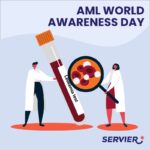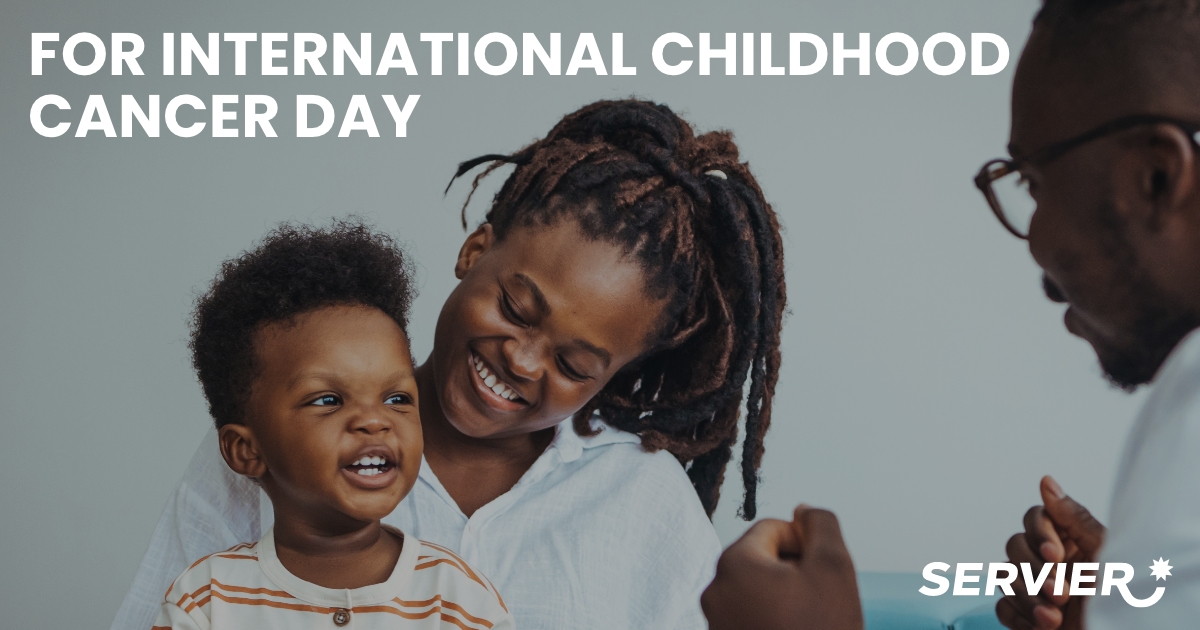
According to the Canadian Institutes of Health Research (CIHR), cancer is the leading cause of death from disease in children and adolescents in Canada. Approximately 10,000 children live with cancer in this country and 1,500 more are diagnosed every year1.
The World Health Organization (WHO) estimates that 400,000 children and adolescents develop cancer each year2. The National Cancer Institute (NCI) in the United States reports that the most common types of cancer diagnosed in children ages 0 to 14 years of age are:
- leukemias,
- brain and other central nervous system (CNS) tumours,
- and lymphomas.
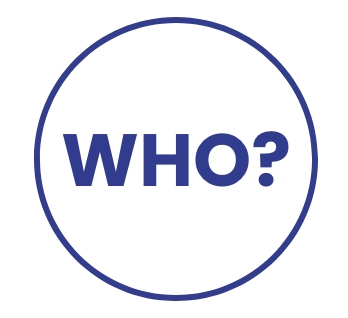
Yet not all pediatric cancer patients around the world will have an equal prognosis. WHO reports that over 80% of children with cancer in high-income countries, where comprehensive services are generally accessible, will have a positive outcome. That figure drops to 30% in low- and middle-income countries3.
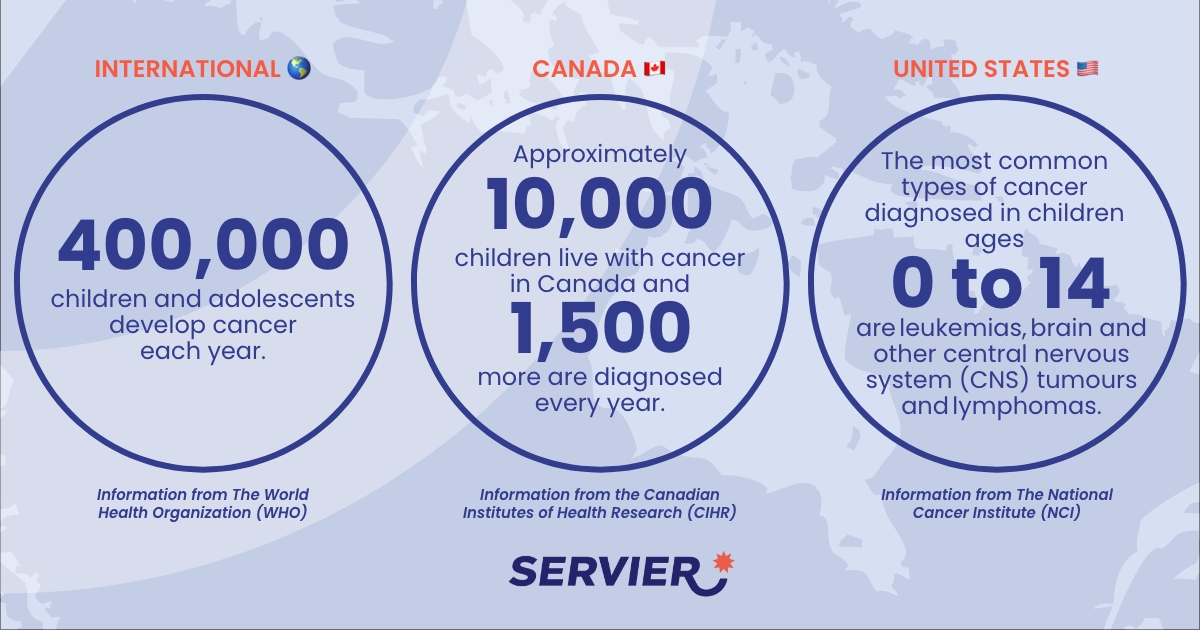
Every child deserves access to quality cancer care
International Childhood Cancer Day, held annually on February 15, is based on the core belief that every child and adolescent with cancer deserves the best possible medical and psychosocial care, regardless of country of origin, race, financial status or social class4.
Each year, this global collaborative campaign raises awareness about childhood cancer and the hurdles that patients, families.
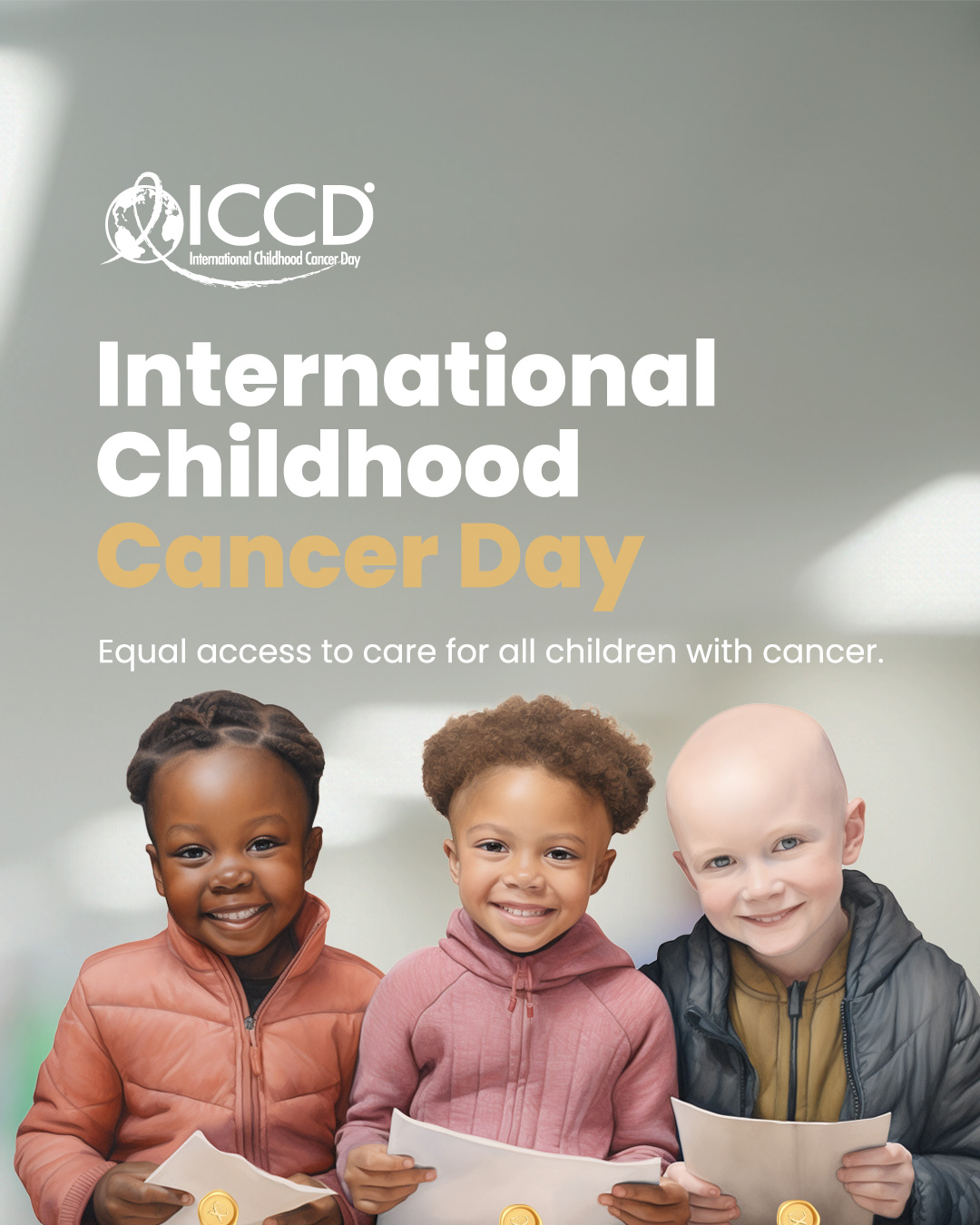
Families also need support
According to the NCI, parents often say that their child’s cancer diagnosis feels like a family diagnosis. They not only need to learn how to care for a child with cancer, but they also need to learn how to care for themselves and their entire family. And they need to learn how to ask for help. Here’s a helpful video for parents:
For the pediatric patient, the struggle isn’t over after treatment ends. Young cancer survivors face a life-long set of challenges, check-ups and quality-of-life issues. This video from the NCI details the difficult journey of childhood cancer survivors: about-cancer/coping/survivorship/child-care
Servier is committed to therapeutic progress
Servier recognizes that pediatric populations have unique needs. That’s why Servier treats pediatric medicines as a unique R&D stream, not a spin-off of adult-based research5.
Because every child is unique. And because every child and their family deserve a chance to be happy and healthy.

1. Government of Canada, https://www.canada.ca/en/institutes-health-research , extracted on December 11, 2024.
2. World Health Organisation, https://www.who.int/news-room/fact-sheets/detail/cancer-in-children , extracted on December 11th, 2024.
3. World Health Organisation, https://www.emro.who.int/media/news/international-childhood-cancer-day-2024-reducing-the-survival-gap.html , extracted on December 11th, 2024.
4. International Childhood Cancer Day, https://internationalchildhoodcancerday.org/all-about-iccd/ , extracted on December 11th, 2024.
5. Servier, https://servier.com/en/newsroom/accelerating-commitment-pediatric-cancers/, extracted on December 19, 2024.


